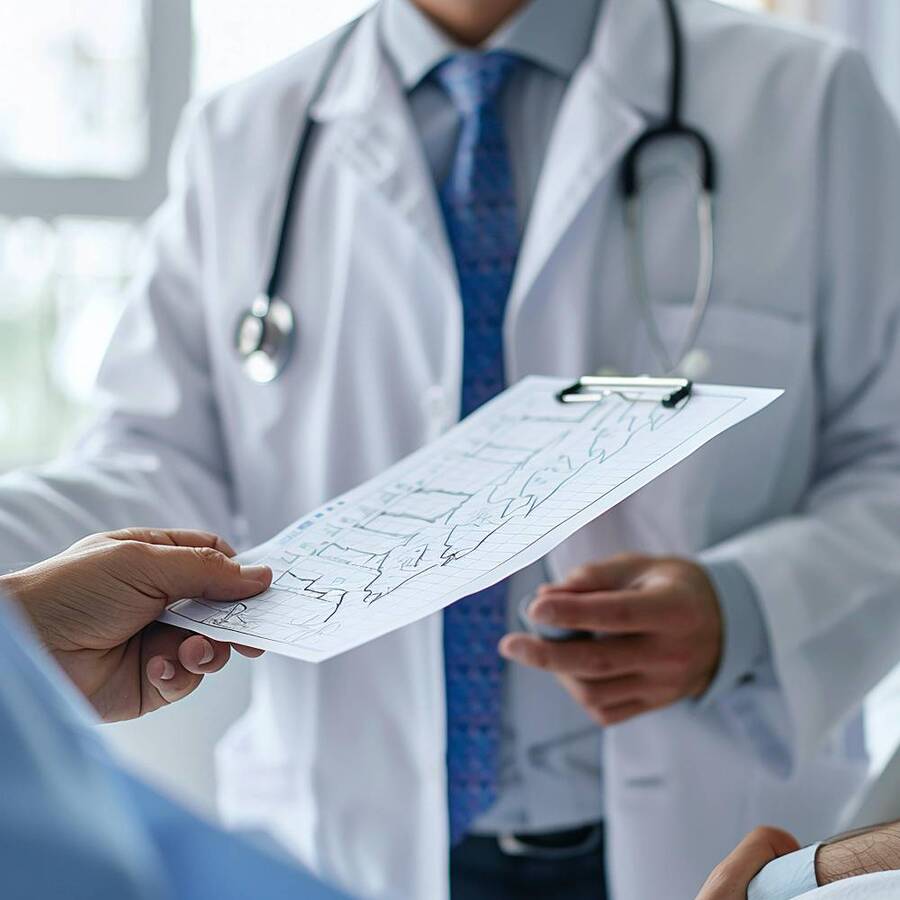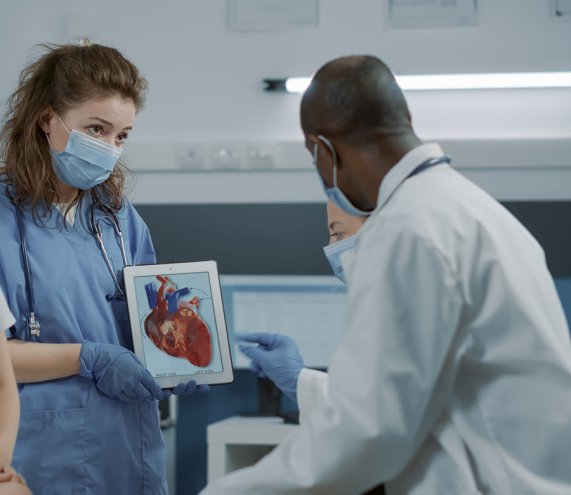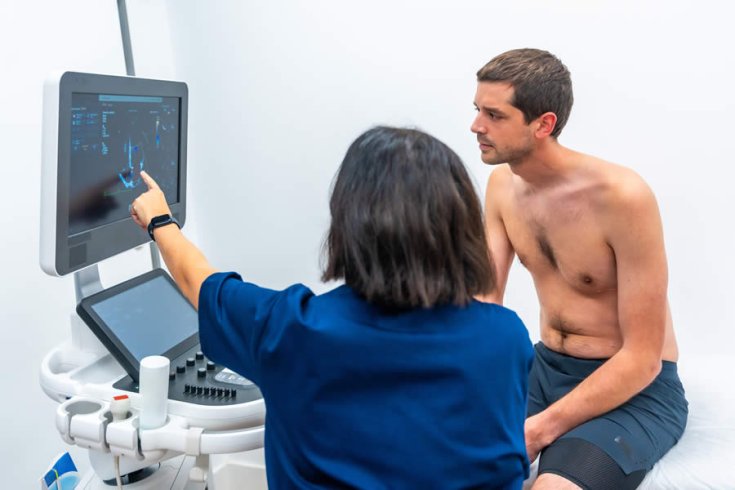Your heart is a storyteller, and every beat reveals information about your health, sometimes before symptoms even surface. At Capitol Cardiology Associates, we want to help you listen to these signals. Advances in heart monitoring and treatment devices like pacemakers and defibrillators have transformed how heart conditions are managed. Recognizing the signs your heart is sending can lead to earlier diagnoses and more effective treatments. Keep reading to find out how your heartbeat might be revealing more than you think and how modern cardiology can help you stay heart-healthy.
Pacemakers
When your heart beats too slowly or irregularly, a pacemaker can help maintain a steady rhythm. It works by sending tiny electrical impulses to prompt the heart to beat at a normal pace. Without proper rhythm, the heart can't pump enough blood to meet the body's needs, which can lead to fatigue, dizziness, and fainting. Pacemakers are critical for preventing these symptoms and more severe complications, like heart failure. Living with a pacemaker means regular check-ups with a cardiologist to monitor the device’s performance. Many modern pacemakers come with remote monitoring features that allow your heart doctor to track your heart rhythm in real time and adjust settings when needed. This level of care makes sure your heart stays in sync with your body's demands.
The Differences Between Pacemakers and Defibrillators
Though they both help manage heart rhythm problems, pacemakers, and defibrillators serve different purposes. A pacemaker keeps the heart beating consistently, but an implantable cardioverter-defibrillator takes action during life-threatening arrhythmias. If the heart beats dangerously fast or stops altogether, the defibrillator delivers an electric shock to reset the rhythm. Patients at high risk for sudden cardiac arrest may receive a defibrillator, while those with slow or irregular heartbeats benefit from pacemakers. A wearable cardioverter-defibrillator offers temporary protection for patients at risk of sudden cardiac arrest who may not yet need a permanent device. A professional cardiologist can help determine which device suits an individual’s specific heart condition.
How Are Pacemakers and Defibrillators Implanted?
Both pacemakers and defibrillators are implanted through a minimally invasive surgical procedure. A heart doctor in Laurel, MD will make a small incision near the collarbone and insert the device under the skin. Thin, insulated wires connect the device to the heart allow it to monitor and correct the heart's rhythm. Most procedures take just a few hours, and patients usually return home the same or the next day. Recovery typically involves limiting strenuous activity for a few weeks to allow the device to settle properly. Before the procedure, patients undergo thorough evaluations, including blood tests, imaging scans, and discussions of medical history. Quality preoperative care ensures the best possible outcome. After surgery, routine check-ups with a cardiologist are needed to monitor the device and adjust it as necessary.
Advances in Heart Devices
Heart care technology is constantly evolving, and today’s devices are smarter and safer than ever. Newer pacemakers are leadless and much smaller, which reduces surgical risks and improves comfort. Some models even connect wirelessly to external monitors so that heart doctors can check on a patient’s heart remotely. Defibrillators have also advanced, with subcutaneous ICDs that don't require wires inside the heart. Battery life has improved as well, which means fewer replacements and surgeries. Some defibrillators now offer dual functionality, as both a pacemaker and a defibrillator, for comprehensive heart rhythm management in one device. Wearable technology is another exciting advancement. Smartwatches and fitness trackers now include heart rhythm monitoring features that can alert users to irregularities and encourage early medical intervention.
Do You Need Professional Treatment?
Your heartbeat holds important clues about your heart health. Recognizing irregularities, like palpitations, fatigue, or dizziness, can provide timely medical evaluations. Understanding how devices like pacemakers and defibrillators work can empower you to take control of your well-being. A cardiologist in Beltsville, MD can assess your symptoms, diagnose underlying conditions, and determine whether a heart device is the right solution. The experienced team at Capitol Cardiology Associates is here to provide quality heart care. Whether you need a routine check-up or advanced heart rhythm management, our professionals are here to help. Schedule an appointment today, and let us help you keep your heart beating strong.






